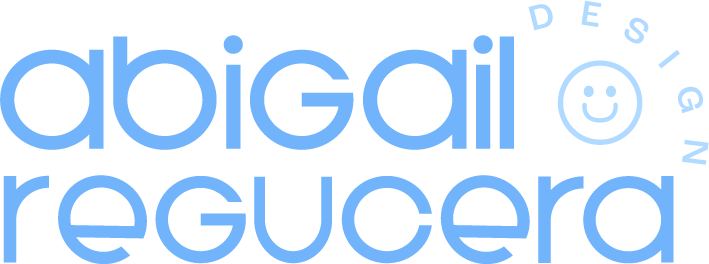SEO: The Only Guide You’ll Ever Need to Understand It
Ah, SEO.
Three humble letters, but a huge key to the world of ranking high on a search engine.
SEO is like a destination sign board to direct people to your website. But navigating SEO makes driving in rush-hour traffic on the 401 highway look easier.
Your SEO strategy determines how search engines like Google and Ecosia help people find your website. Ideally, when people look for services / products related to your brand, your website should rank high up on the first search page. To do that, your website needs to be optimized for search engines to index it correctly and list it up top. The formula behind this isn’t so much a secret as much as it’s ever-changing.
There are many moving parts to an effective SEO strategy. There’s simply no shortcut to great SEO. If you implement incorrect SEO practices, the search engine will penalize your website for ignoring webmaster guidelines. There are two parts to understanding SEO:
On-page SEO
On-page SEO isn’t entirely ‘writing for the bots’ as some writers see it. The good news is qualitative content is still a crucial part of SEO. Content was, and still is, king.
There are many content-related mechanics behind good on-page SEO. ‘Keyword’ was a self-explanatory buzzword when SEO was gaining ground. You may have tips and tricks on how to find the appropriate keywords for your content, but you also need to be clued into how people search. Buying habits and the way we search for products online changes with time. Unsurprisingly, the current trend is long-tail keywords (3-4 word keyword phrases). Think about your own search habits. Years ago, you would have entered one word searches into Google to learn a new topic. Now, you probably type in misheard lyrics to find that song you can’t stop humming. Other content-related mechanics at play for a good SEO game are titles,correct headings usage, and meta descriptions.
Non-content SEO ranking factors are website load time, and mobile-friendliness. Also, SEO factors weren’t meant to work in isolation, they’re all connected. In August 2021, Google announced that page experience signals will also impact ranking. In simpler English, that means the page experience a user has (apart from the information on your site) will impact how far up or how low down your website will rank. It may seem like a new branch of knowledge to uncover, but if you’ve been following good SEO practices already, then page experience gets automatically taken care of!
Off-page SEO
Speaking of everything being connected, off-page SEO is another need-to-have component of your business. Off-page SEO deals with mechanics outside your website. One of these mechanics that immediately comes to mind to those just learning about SEO is backlinking. Other off-page SEO moves involve a variety of practices like branding, content marketing, and PR. The latest and most popular member to the party is podcasts. Some businesses may recycle their blog topics into podcasts.
The interesting thing about off-page SEO is that it’s about optimizing your marketing efforts. Doing your best to promote your brand and business leads to efficient SEO that points back to your website. Even hosting an event like a webinar has people looking at your website and engaging with the content. You don’t need to apply every off-page tactic in the book. You can craft a powerful SEO strategy that aligns with the nature of your business, bandwidth and more importantly, your customer’s needs.
Both on-page and off-page SEO are always evolving, and have no limits.
Implementing a tip-top SEO strategy (on-page and off-page) can ensure all other non-website parts of your business are taken care of as well. A beginner’s challenge with SEO seems like there’s too much jargon and technical knowledge to grasp. You’ve probably googled the basics of SEO a couple dozen times by now, and come out none the wiser except for picking up new terms.
And that’s just the tip of the iceberg! Just like an ogre onion, SEO has many layers. SEO website copywriter queen, Sara of Between the Lines Copywriting helps eager-SEO learners, like yourself, understand the pillars of SEO clearly. May I present to you her excellent guide on search engine optimization for beginners. (This is an affiliate link which means I get a commission for purchases made through these links with no extra cost to you of course!)
Onboarding an SEO expert or learning from them is the best way to stay on top of everything SEO can and will do for your customer. With this guide, you’ll find that SEO is less about pleasing that all-fearing ever-changing algorithm, but about mapping out the thought process of a human being with specific wants. Wants that can be fulfilled by your product or service. Catering to the algorithm (most of the time, not all) really means catering to a consumer, who is becoming more informed about their options.

